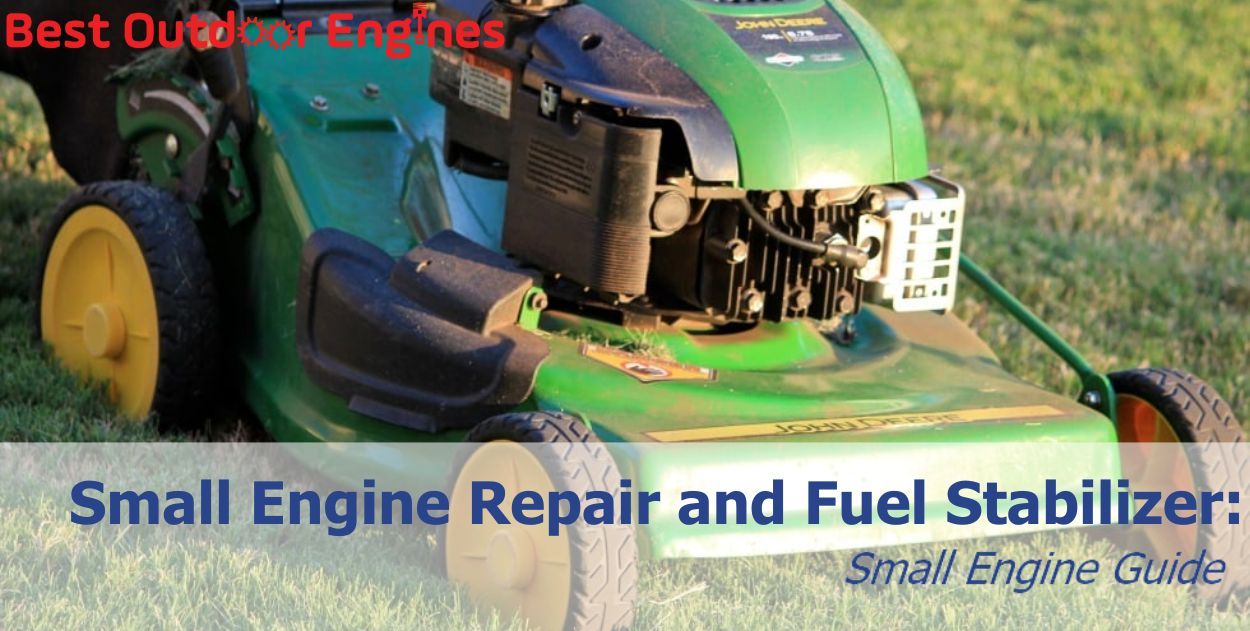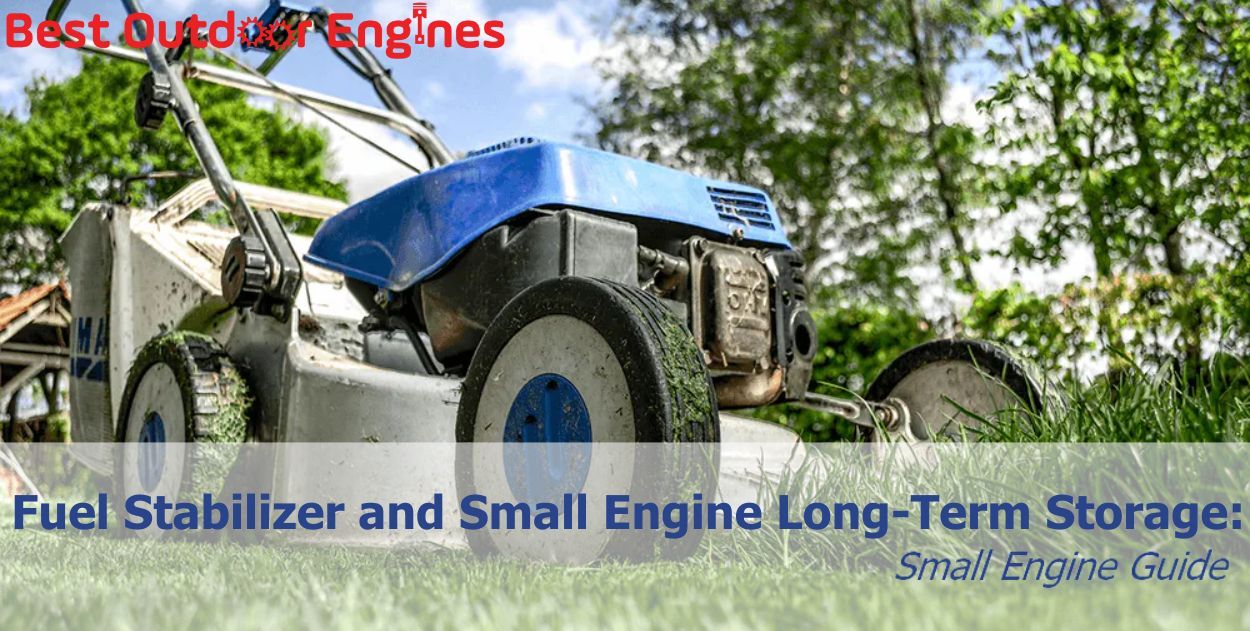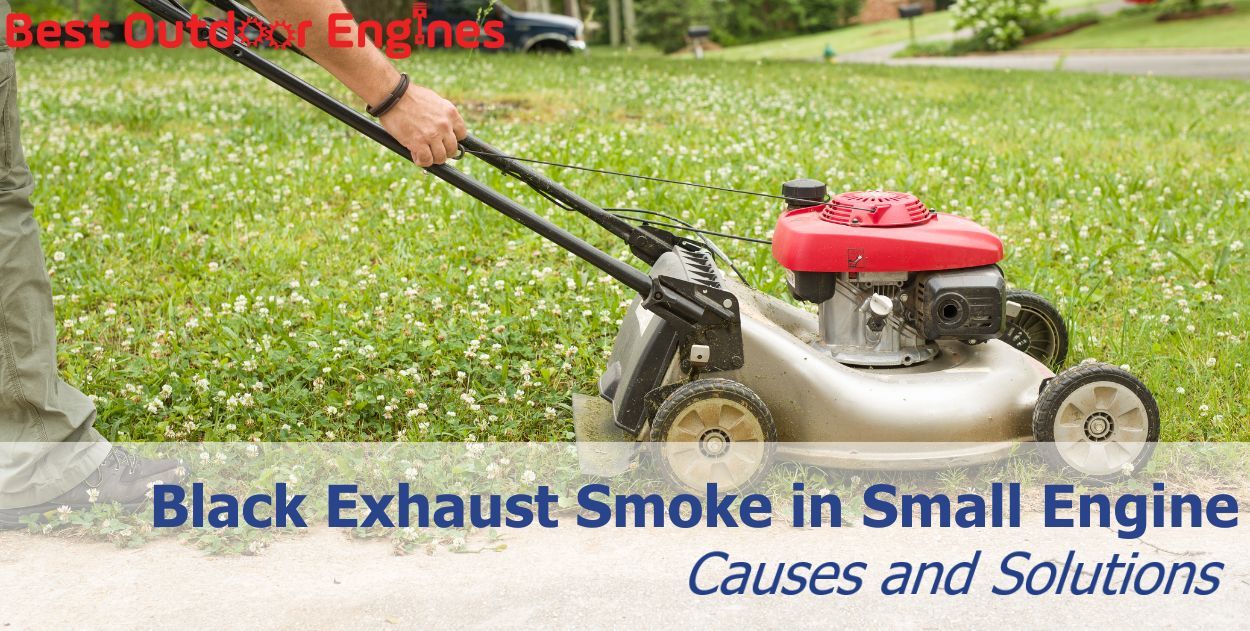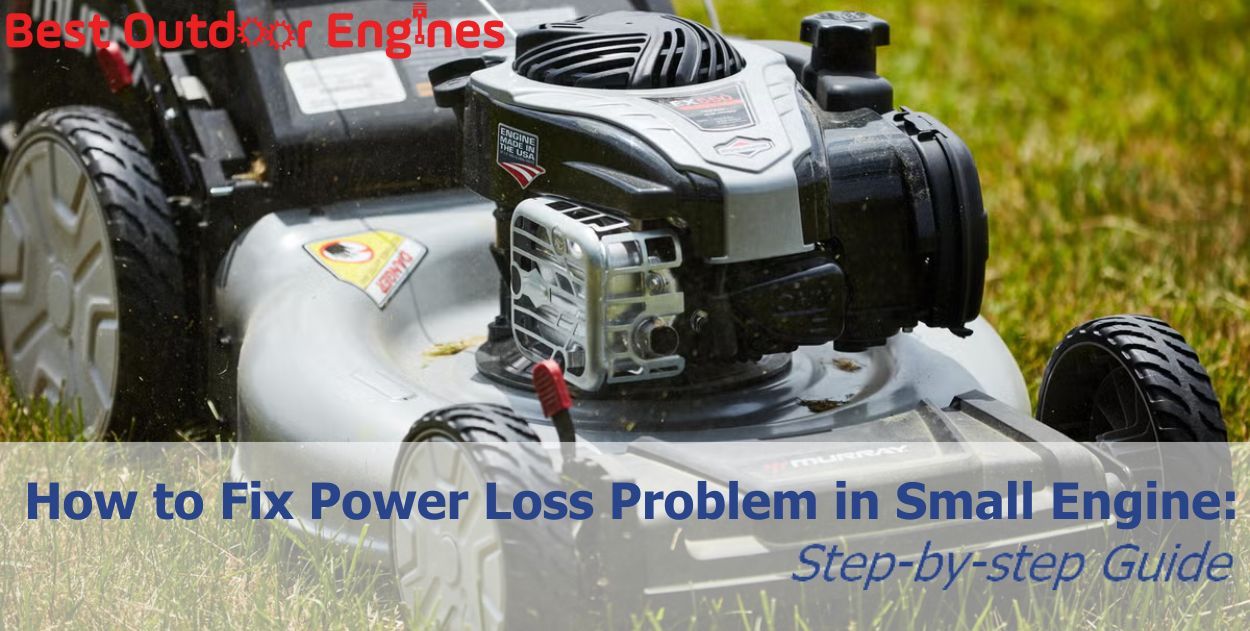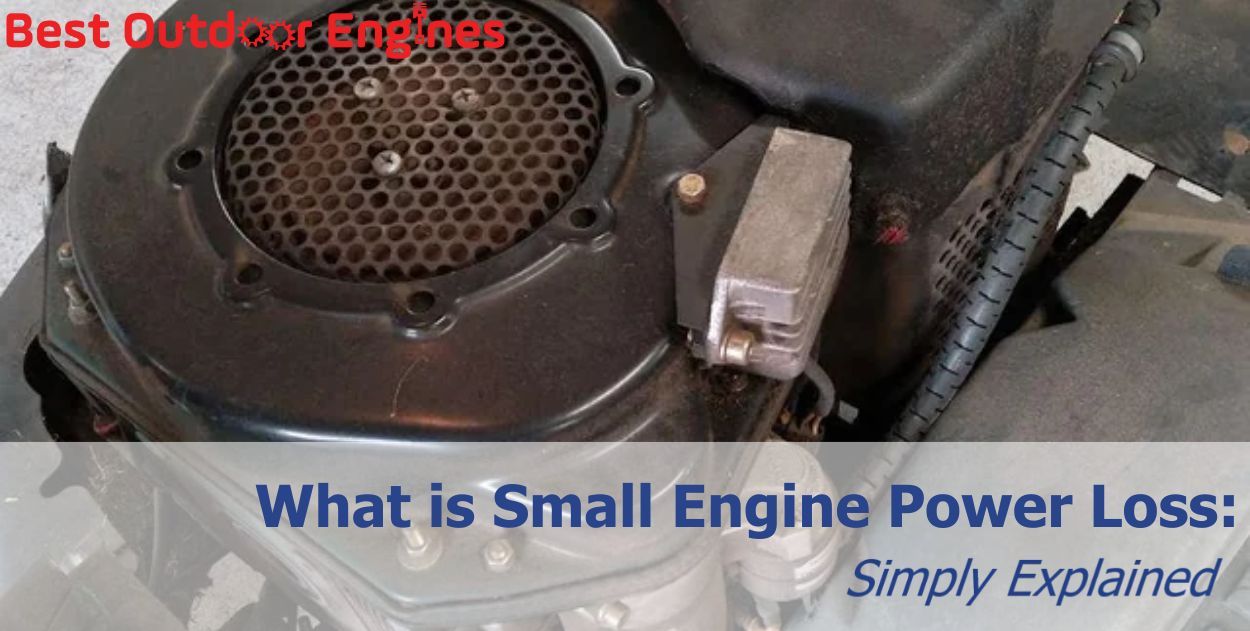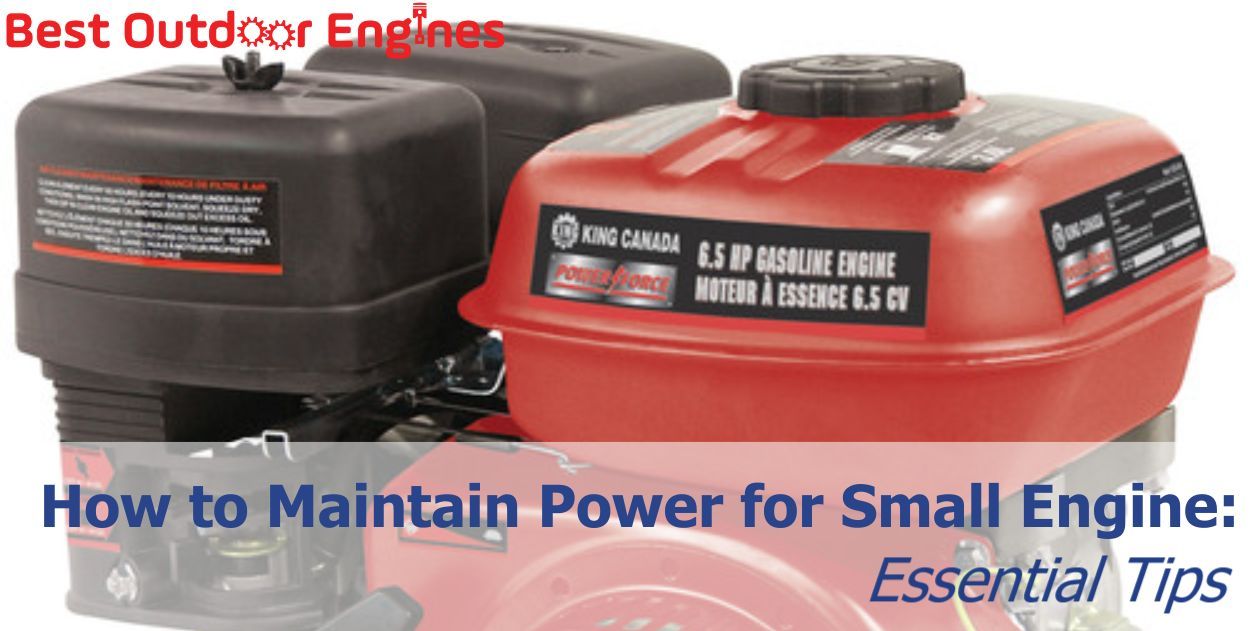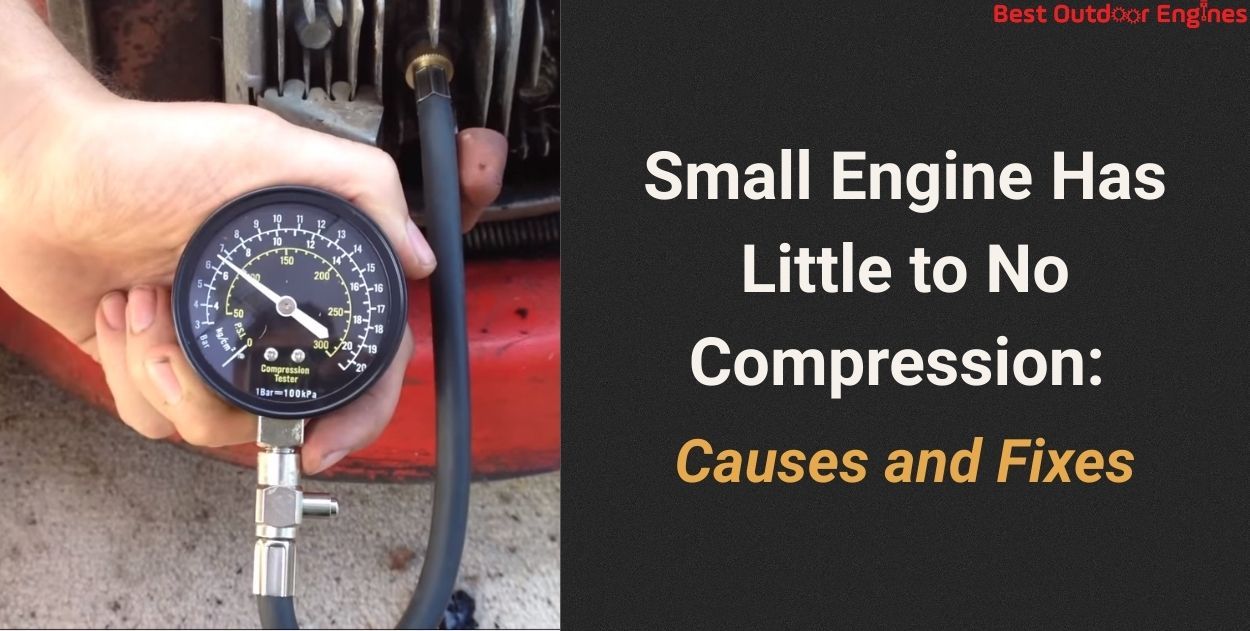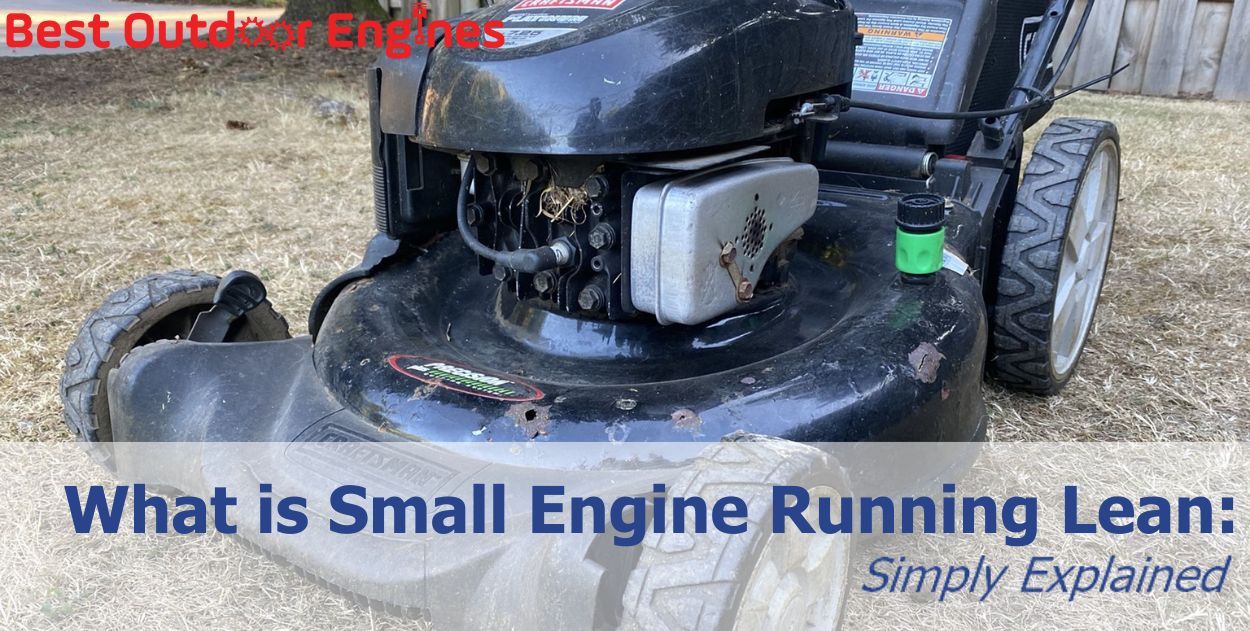How to Prevent Small Engine From Bogging Down: Small Engine Guide
Lawn mowers and generators are some of the essential tools and equipment whose effective functioning is powered by small engines. However, a major problem that can drastically affect their performance is bogging down. It is important to understand the reasons behind it, preventive maintenance, trouble shooting problems and best practices for efficient engine operation. This guidance will equip you with necessary information and steps to be taken in order to avoid your small engine from bogging down and maintain its peak performance.
.jpg)
What Are The Common Causes of Small Engine Bogging Down?
There are several reasons why a small engine might bog down. Identifying these factors is the first step towards preventing the problem.
Fuel-related Issues
- Old Fuel: If fuel gets too old or deteriorates, it loses its ability to combust causing poor engine performance. Stale fuel produces deposits that block the fuel system, leading to an engine bog-down condition.
- Wrong Fuel Mixture: The ratio of oil to petrol used in two-stroke engines must be accurate. A wrong combination leads to lubrication inadequacy as well as increased friction. On four-stroke engines also; wrong fuel type might result into similar performance issues.
- Clogged Fuel Filters: Debris and impurities in gasoline get trapped within filters installed on fuel line thereby ensuring that only clean gas enters carburetor. Over time however, these filters tend to become clogged thus limiting flow of gasoline into an engine making it susceptible for bog-down under heavy loadings.
Air Supply Problems
- Dirty Air Filters: Clean air should reach an engine’s combustion chamber through air filters for smooth combustion process to take place .When they are blocked with dirty particles which have accumulated over time due dust surrounding them ,thereby restricting airflow , excessive amount of fuel will mix up hence reducing power output.
- Blocked Air Intake: Blockages within the air intake systems can prevent enough air from reaching the engine leading to bog down under load.
Mechanical Failures
- Spark Plug Issues: The fuel-air mixture inside the combustion chamber is ignited by spark plugs. The engine bogs and runs roughly when these components are faulty or become dirty.
- Carburetor Problems: For combustion, an air-fuel mixture in a carburetor is created, if there are problems such as incorrect adjustments, blockages or wear can disturb this equilibrium causing an engine bog-down situation.
- Engine Compression Issues: Worn piston rings or cylinder walls often result in lower compression of the engine that consequently results in power loss and inefficiency forcing it to struggle under load.
 Small engines require consistent maintenance so that they won’t fall victim to bogging. This guarantees smooth operation of the engine which will be run for as long as you need it without any disturbances.
Small engines require consistent maintenance so that they won’t fall victim to bogging. This guarantees smooth operation of the engine which will be run for as long as you need it without any disturbances.
Examine Air Filters
- Take off the air filter cover.
- Check if there is dirt on it or any signs of damage.
- Use soap water or compressed air in cleaning reusable ones while replace non-reusable filters with new ones
Inspecting and Replacing Spark Plugs
- Detach a spark plug using a socket wrench.
- Watch for carbon deposits or wearing off of them.
- Clean the plug with a wire brush or throw away if necessary.
- Remove Carburetor: Disconnect Fuel line and have the carburetor removed from the engine itself .
Cleaning Of The Carburetor Itself
- Use carb spray media like brake cleaner to get rid of gumming and varnish build-up in it.
- Ensure the right mixture of fuel and oil for 2-stroke engines. Use the correct type of fuel for four-stroke engines.
Detecting Symptoms and Determining the Reason behind Engine Bogging
To diagnose engine bogging, follow these steps:
Check Fuel Quality and Mixture
Check if the fuel smells bad or has changed color due to staleness.
Confirm that you have got the correct mix of fuels.
Inspect Air Filters and Intake Systems
Ensure there is no dirt or anything blocking in your air filter and intake system.
Check Spark Plugs and Carburetor Functionality
Get rid of any spark plugs that seem dirty or worn out from old age.
Clean it, tune it up if necessary, which depends on how badly adjusted it was in first place.
What to Do with Stale Fuel: Remove stale fuel by draining it out completely then refill with fresh gas through an appropriate funnel.
How to Correct a Fuel Mixture
Mix gasoline with two-stroke oil in a two-stroke engine using the correct ratio.
This should be followed by choosing the right type of fuel for four stroke engines.
Replacement of Blocked Fuel Filters: Throw away this part once it becomes clogged or fouled up with impurities like dust particles from your garage.
 Use High-Quality Fuel and Additives to Preserve Engine Performance
Use High-Quality Fuel and Additives to Preserve Engine Performance
- Premium Fuel: Opt for high-quality fuel so that it improves the performance and life of your engine.
- Fuel Additives: Some people use stabilizers as well as other chemicals in their gasoline supply tanks to maintain quality of fuel.
- Right Storage Techniques to Prevent Fuel Degradation
- Storage Tips: You should keep it sealed in its original container in case you want to store gasoline somewhere else, otherwise store it away from sunlight or moisture sources in a clean closed containers.
- Engine Storage: When storing an engine for a long period, drain all the fuel out of it.
- Regularly Scheduled Engine Tune-ups and Professional Inspections
- Tune-ups: Regular tune-ups will help maintain optimal performance; besides, this is one way of gauging if your machine is still running correctly or not?
- Professional Inspections: Your local dealer or service station can inspect your machine periodically. They are experienced enough to fix any problem they find during this inspection process before it becomes bigger trouble;
Tips on Running an Engine within Its Optimal Load Capacity
- Understand Limits: Know the load limit of your engine and operate it accordingly within these limits.
- Task Appropriateness: Only carry out those functions that you know very well about engines because overloading leads bogging down small-sized ones as per our topic here at hand.
1. Why does my small engine bog down when I accelerate?
Common reasons for this problem include dirty air filters, clogged fuel filters, wrong fuel mixtures and carburetor malfunctions.
2. How often should I replace the fuel filter in my small engine?
It is suggested to change the fuel filter once every year or as stated in the maintenance schedule for your engine.
3. Can old gas cause an engine to bog down?
Absolutely, old or degraded gasoline will result in poor combustion and reduced performance.
4. What do I do if washing the air filter does not work for the bogging problem?
Look at other likely causes like fuel filter, spark plug, carburetor and engine compression.
5. How can I tell that my carburetor needs to be adjusted or cleaned?
Poor engine performance, hard starting and rough idling are some of its symptoms while such issues would be identified and corrected by routine maintenance.

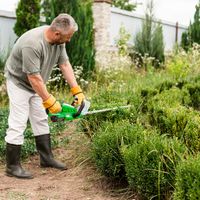
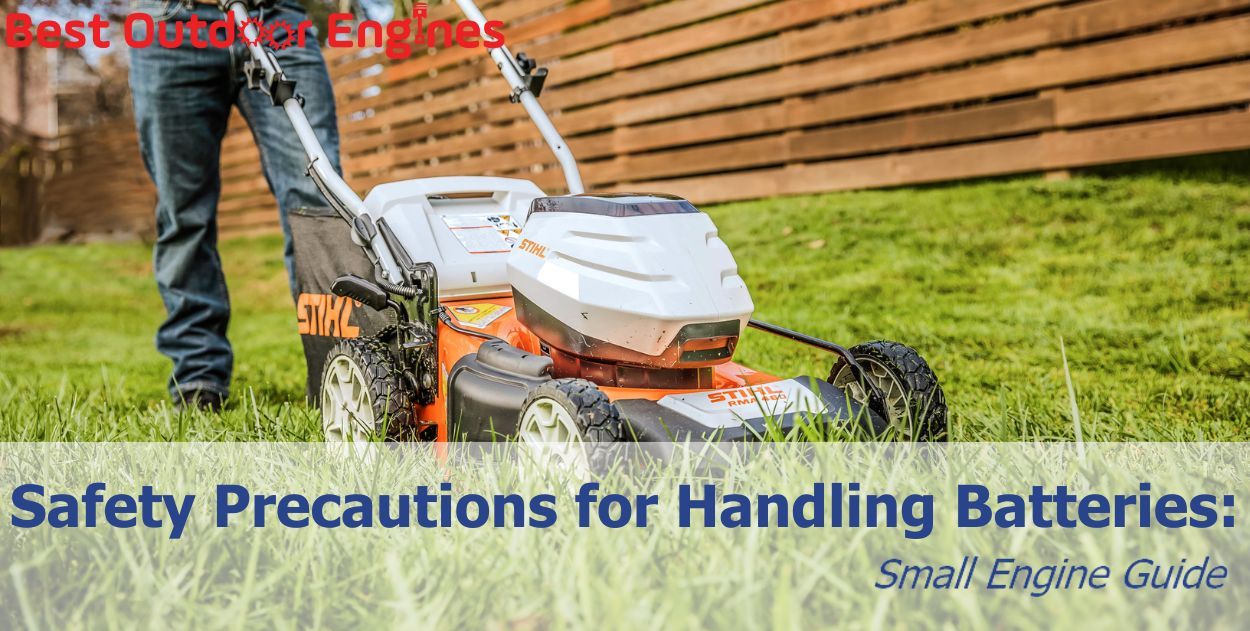
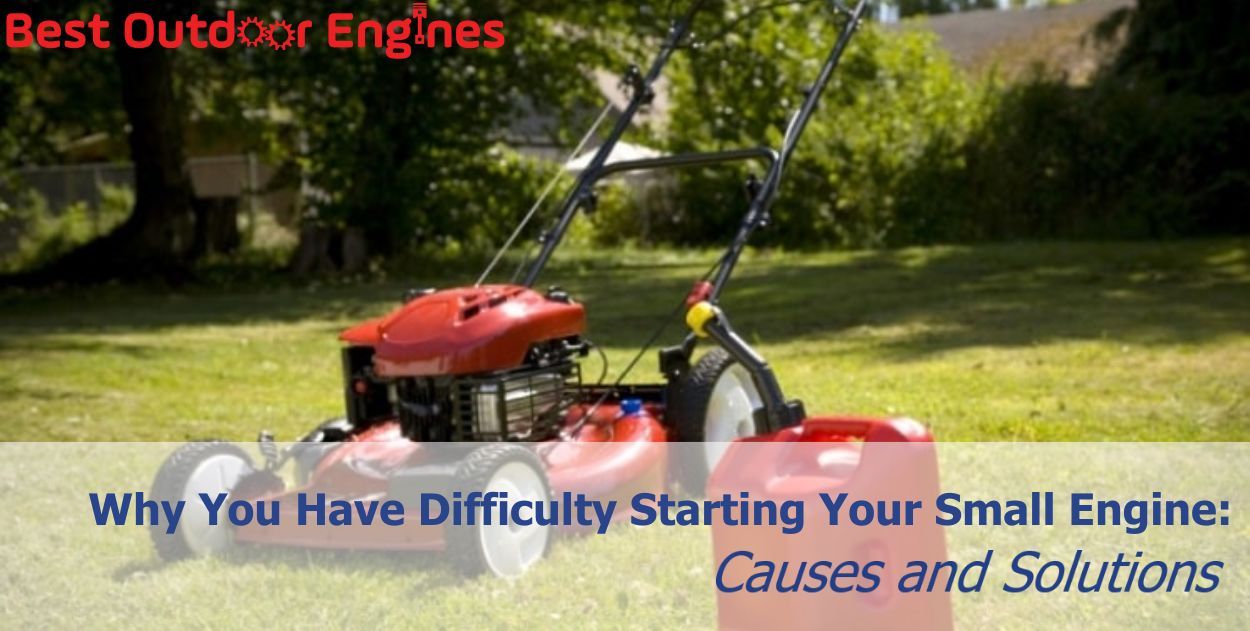
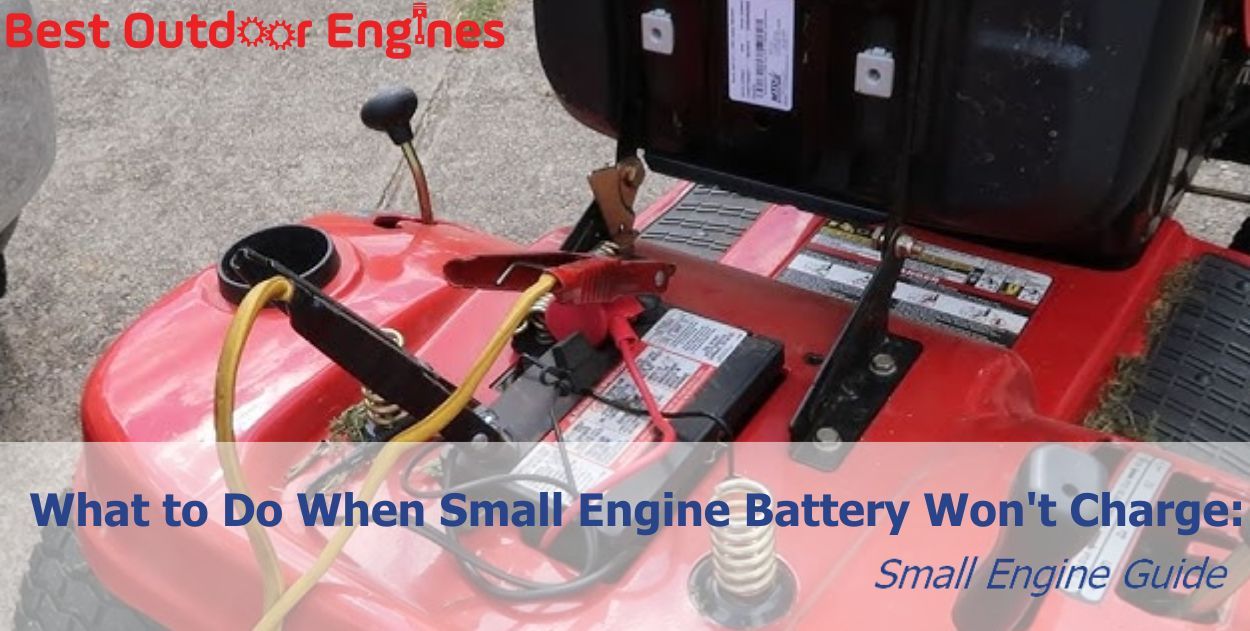
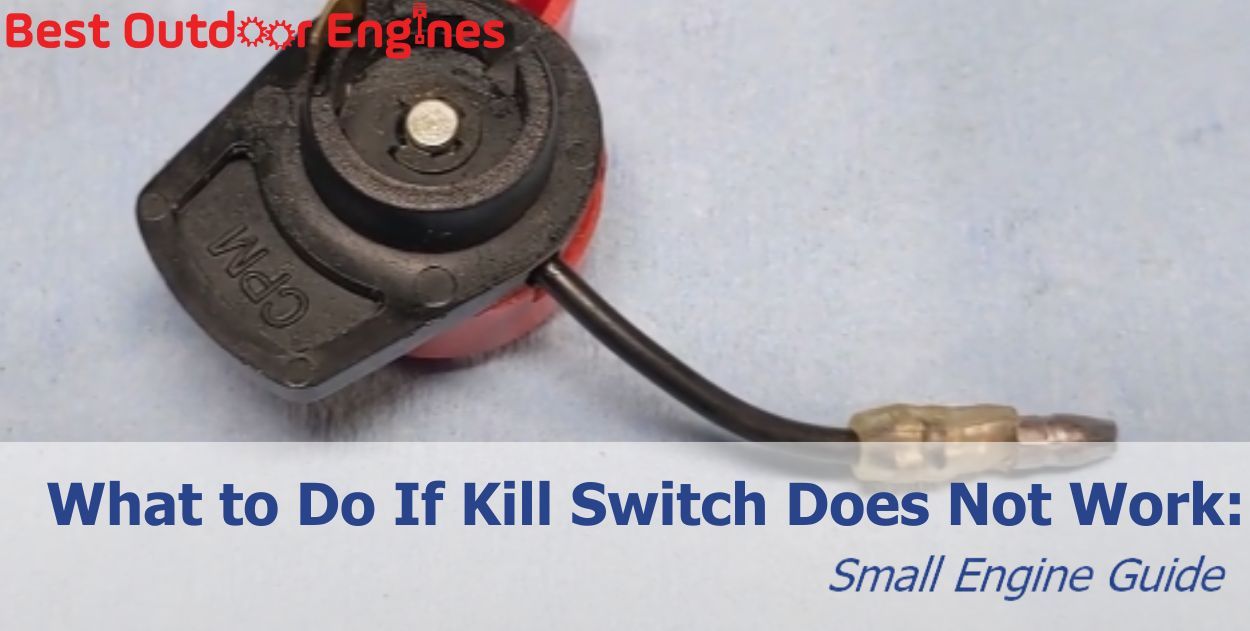
.jpg)

